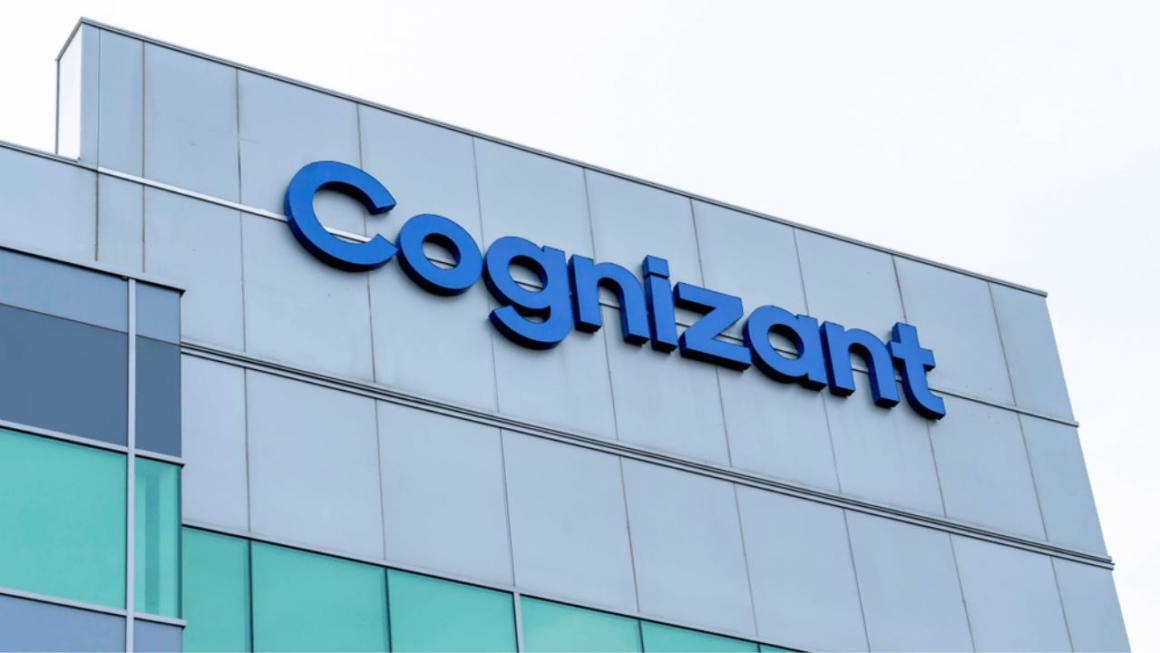Table of Contents
Role: Graduate Software Engineer, Open Source and Linux
Location: Remote
Experience Required: Freshers / 0–2 years
Eligible Batches: 2024 & 2025 Graduates
Introduction
Canonical, the company behind Ubuntu, is a pioneer in the open-source ecosystem. With over three decades of innovation, Canonical has built a reputation for driving transformation in industries like AI, cloud computing, IoT, data science, and robotics. The organization is remote-first, with employees spread across 75+ countries, making it one of the most globally distributed engineering companies.
The Graduate Software Engineer program at Canonical offers fresh graduates an exciting opportunity to work on cutting-edge Linux, open source, and enterprise software projects. This role is best suited for individuals who are passionate about open source, highly motivated, and eager to make a direct impact on global technology solutions.
Job Responsibilities
Graduate Software Engineers at Canonical will contribute to some of the most impactful engineering projects in the open-source community. The role includes:
- Writing high-quality, secure, and performant code in languages such as Python, C/C++, Rust, Golang, or JavaScript.
- Working on Linux system-level projects, ranging from kernel and drivers to desktop and container solutions.
- Shaping product roadmaps during global engineering sprints.
- Engaging with users and open-source communities via issue trackers, forums, and code reviews.
- Developing awareness of enterprise-grade requirements, ensuring reliability and scalability.
- Collaborating in distributed, international teams to solve complex technical challenges.
- Traveling twice a year for in-person company-wide events.
Educational Qualification
Candidates must meet the following academic requirements:
- Degree Required: Bachelor’s or Master’s in Computer Science, Business Informatics, Mathematics, Electronics, or related STEM discipline.
- Must have 15 years of full-time education (10+2+3).
- Exceptional academic record in both high school and university.
- Demonstrated passion for programming beyond academics (personal or open-source projects).
Skills Required
- Proficiency in at least one programming language (Python, Rust, C/C++, Golang, JavaScript, Java).
- Familiarity with Linux distributions (Ubuntu, Debian, Fedora, Arch, etc.).
- Knowledge of software engineering principles, testing, and debugging.
- Strong interpersonal, organizational, and problem-solving skills.
- Excellent written and spoken English.
Good-to-have skills:
- Contributions to open-source projects.
- Experience with Linux packaging or kernel development.
- Leadership or presentation skills.
Salary Details
Canonical provides a competitive compensation package that varies based on geography and candidate performance.
- Expected Salary in India: ₹8 – ₹15 LPA* (approx.) for graduate engineers.
- Annual Bonus/Performance Rewards: Based on project contributions and team results.
- Additional Perks: Travel upgrades for company events, learning budget, recognition rewards, and wellness support.
*Note: These salary figures are indicative and may vary depending on skills and interview performance.
Application Process
Candidates can apply for this position only through Canonical’s official careers page.
Steps to Apply:
- Visit Canonical Careers.
- Search for Graduate Software Engineer – Open Source and Linux.
- Select the relevant location (Asia Pacific).
- Fill in personal, educational, and professional details.
- Upload an updated resume and cover letter.
- Submit the application and await shortlisting.
Interview Process
The Canonical recruitment process is competitive and multi-staged, focusing on both technical ability and cultural fit.
- Online Application Screening
- Academic record, resume highlights, and project contributions are reviewed.
- Online Assessment
- Coding test focusing on problem-solving in Python/C++/Rust.
- Questions on Linux systems and open-source fundamentals.
- Technical Interviews (2–3 Rounds)
- Deep dive into algorithms, data structures, Linux internals, networking, and debugging.
- Scenario-based problem solving: “How would you debug a kernel panic?”
- Code walkthroughs and open-source project discussions.
- HR/Behavioral Interview
- Assessment of communication skills, collaboration mindset, and passion for open-source contributions.
- Final Selection
- Based on cumulative performance across all stages.
Resume Tips for Applicants
Since Canonical is highly selective, your resume should stand out:
- Highlight Linux/Ubuntu experience: Mention contributions to open source, personal projects, or coursework.
- Showcase programming skills: Include GitHub links or repositories.
- Certifications: Add relevant ones like Linux Foundation Certified Engineer, Red Hat Certifications, or cloud certifications.
- Projects: List impactful projects (kernel tweaks, containerized applications, or IoT development).
- Format: Keep it professional and concise (1–2 pages).
Benefits of Working at Canonical
Working at Canonical offers more than just a salary; it provides exposure to a global open-source community.
- Remote-first workplace with flexible schedules.
- Twice-yearly international team sprints in exciting global destinations.
- Learning and Development budget of USD $2,000 per year.
- Annual Compensation Review with recognition rewards.
- Generous maternity and paternity leave.
- Team Member Assistance Program & Wellness Platform.
- Work-life balance with no mandatory weekend shifts.
- Global career growth opportunities across engineering, product, and leadership roles.
Why Choose Canonical?
For passionate open-source enthusiasts, Canonical offers:
- The chance to directly contribute to Ubuntu, one of the most widely used Linux distributions.
- Opportunity to work on diverse technologies – from Raspberry Pi to supercomputers.
- A platform to grow into Linux experts, kernel developers, cloud engineers, or open-source leaders.
- Exposure to global teams and cutting-edge enterprise projects.
Important Notes
- The above details are provided for informational purposes only.
- Salary figures are expected estimates and may differ based on role and geography.
- Candidates should apply only via Canonical’s official careers page.
- The selection process is rigorous; thorough preparation in Linux, coding, and open-source concepts is recommended.
Application Link: Click Here
Final Thoughts
The Graduate Software Engineer role at Canonical is a dream opportunity for fresh graduates who want to build careers in Linux, open source, and global software engineering. With an expected salary range of ₹8 – ₹15 LPA, flexible remote work, and exposure to international teams, this role offers both professional growth and personal development.








